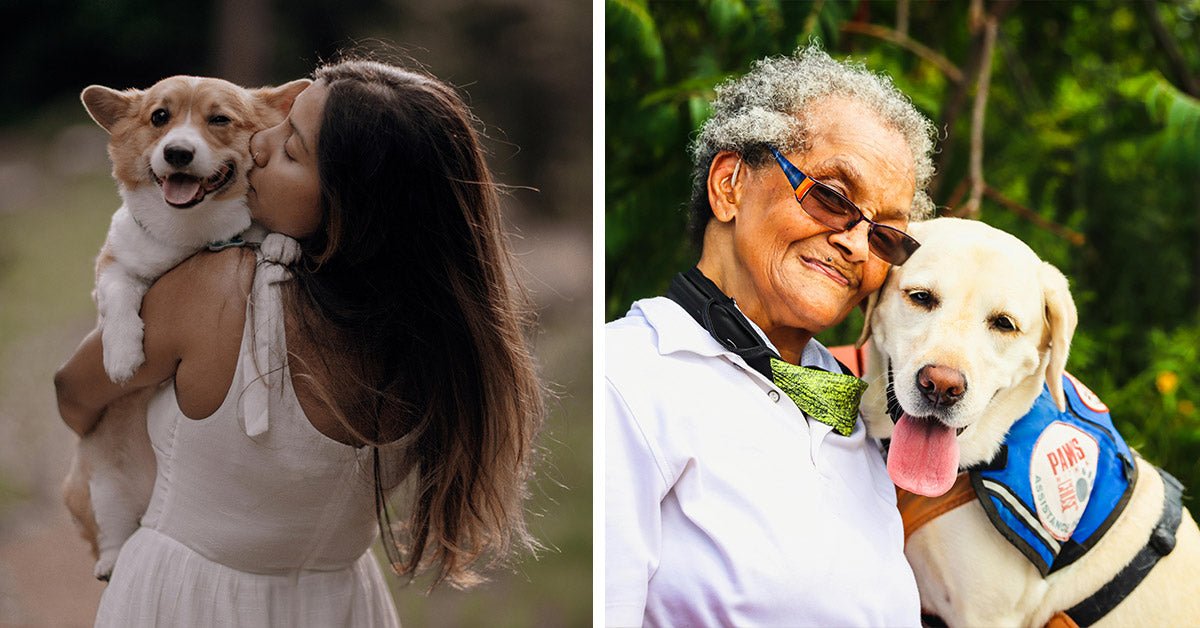When your dog greets you at the door with a swinging tail and eager eyes, it’s more than love. It’s connection. Forming a close bond with your dog is not only emotionally rewarding – it can also be spiritually transformative, physically advantageous and mentally healing.
Dogs can mirror your stress, joy and sadness without a single word.
Gluing begins with time and intention
At the core of each strong relationship between human canine, the intentional time is spent. Dogs ask for interaction, structure and attention. For example, education does more than learning obedience. It sharpens your dog’s mind and strengthens the confidence they put in you. As Houston SPCA explains when your dog learns a new skill, they gain confidence – and you become their source of guidance and praise.
Activity also matters. Whether it’s a hike, a simple walk or a fetch session, dogs thrive when their bodies and minds are engaged. Regular games and training support cardiovascular health, reduce destructive behavior and give your pet the structure they need to feel safe. At the same time, your own well -being gets a boost. According to Wags and Whiskers Veterinary Service, shared physical activity increases mood height endorphins for both dogs and their people.
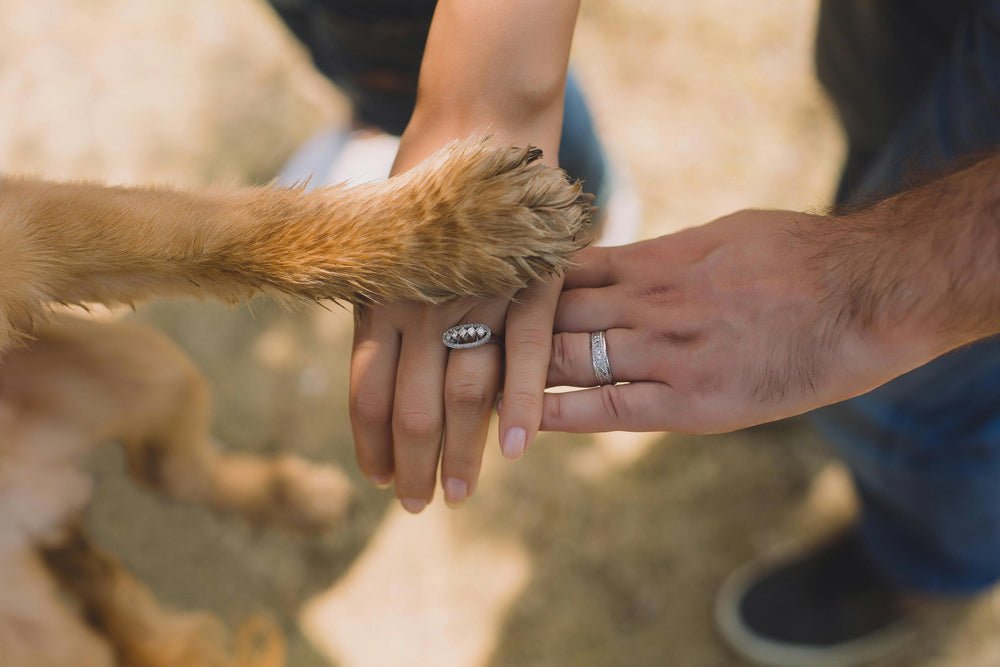
Human-Dog Bond is a two-way emotional exchange built over time and trust.
Pets are mirrors and mentors
Binding with a dog is not a one -way street. Dogs often reflect the emotional state of their people. As the holistic animal care -mentor Ruth hat explains, pets can even take on our emotional or physical disorders through a phenomenon known as “mirroring.” It is an expression of empathy and it happens because of the deep energetic connection we share with our animals.
When you are stressed, your dog may seem anxious. When you are calm, they often reflect that peace.
This connection sometimes runs deeper than we expect. Theologian James Taylor, who reflected on his late dog brick, described how their bond taught him that “God does not speak to us just in words but in our experiences. Animals are part of this experience,” he told CNN.
In moments of grief and illness, it was Brick’s stable presence that led him through.
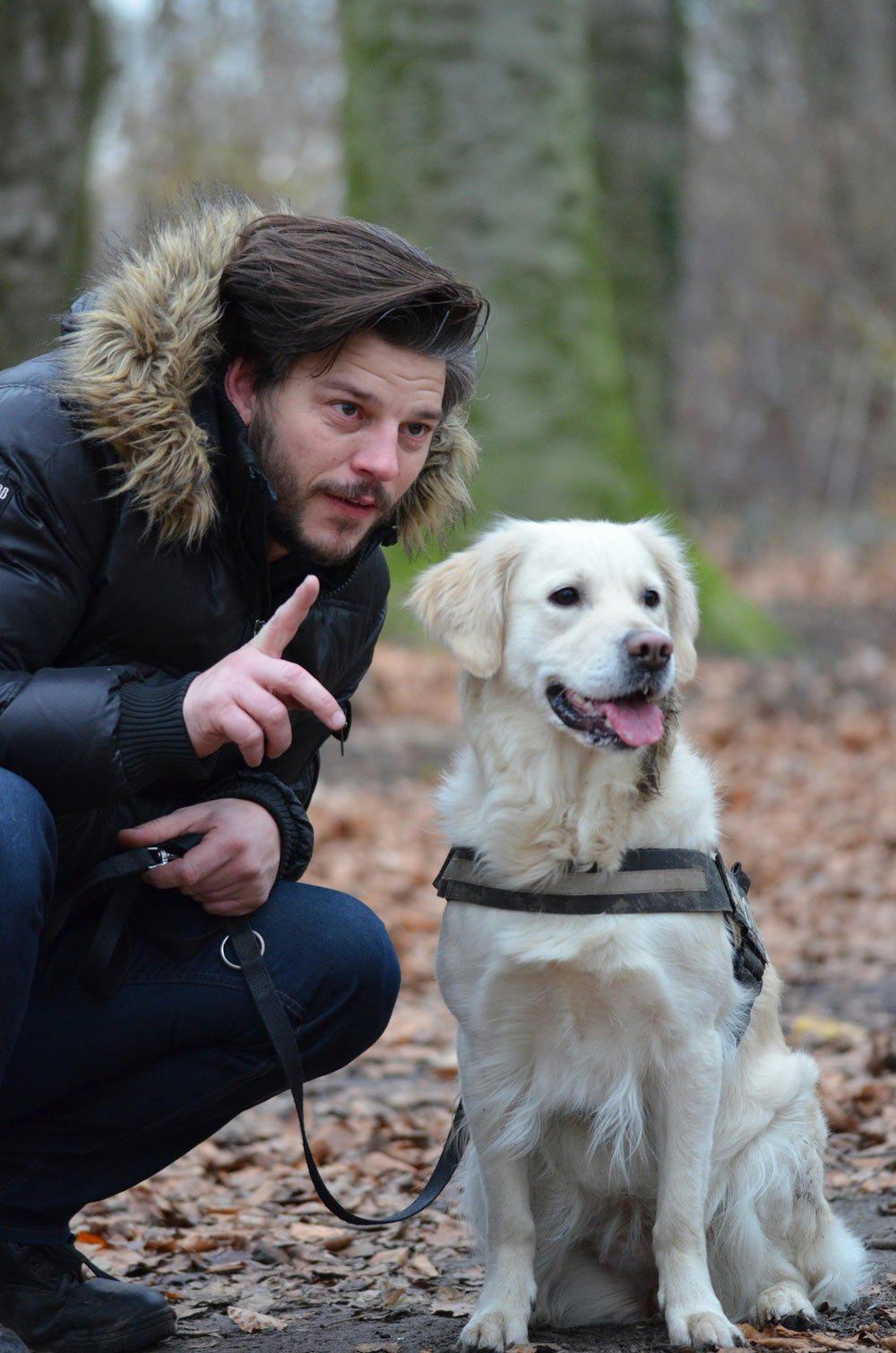
Daily routines create a sense of security that elaborates a dog’s attachment.
Routine and consistency builds up trust
Dogs feel safest when they know what to expect. Routine reinforces the bond by establishing a rhythm. Feeding times, walking times and sleep plans help dogs understand their world and develop confidence in their carers.
Consistency in verbal signals and training techniques also builds confidence. Dogs will please, and when expectations are clear, they are more likely to succeed and feel safe.
Even physical love must be thoughtful and routine. As Houston SPCA suggests, the intentional cow time – to know your dog’s favorite places to scratch or stroke – make your pet feel and appreciate.
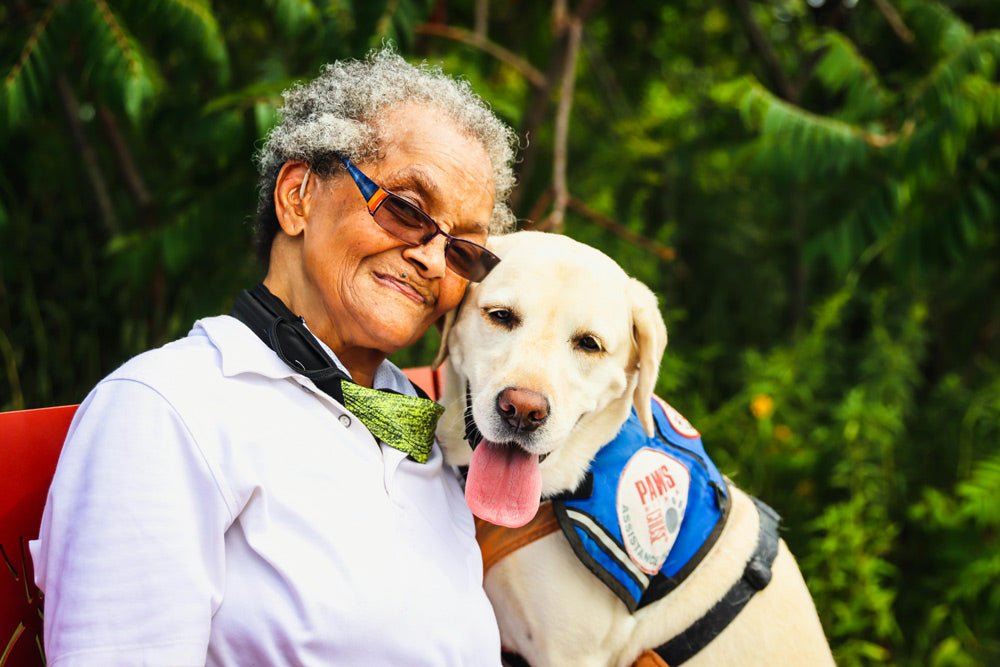
Training your dog is not just obedience – it’s a language of love and confidence.
Emotional and spiritual healing through dogs
In addition to routine and play, many people describe the bond with their dog as a spiritual experience. According to CNN, some describe their pets as partners in a spiritual journey and teach them about grace, loyalty and even grief. Dogs can provide emotional stability in hard times, mirror what is unspoken and offer comfort simply by being nearby.
The animal human society repeats this mood and notes that pets can help humans through trauma and improve mental health. Children who bind with dogs often get early lessons in empathy and responsibility. Adults often feel a sense of purpose and support, especially in the toughest moments of life.
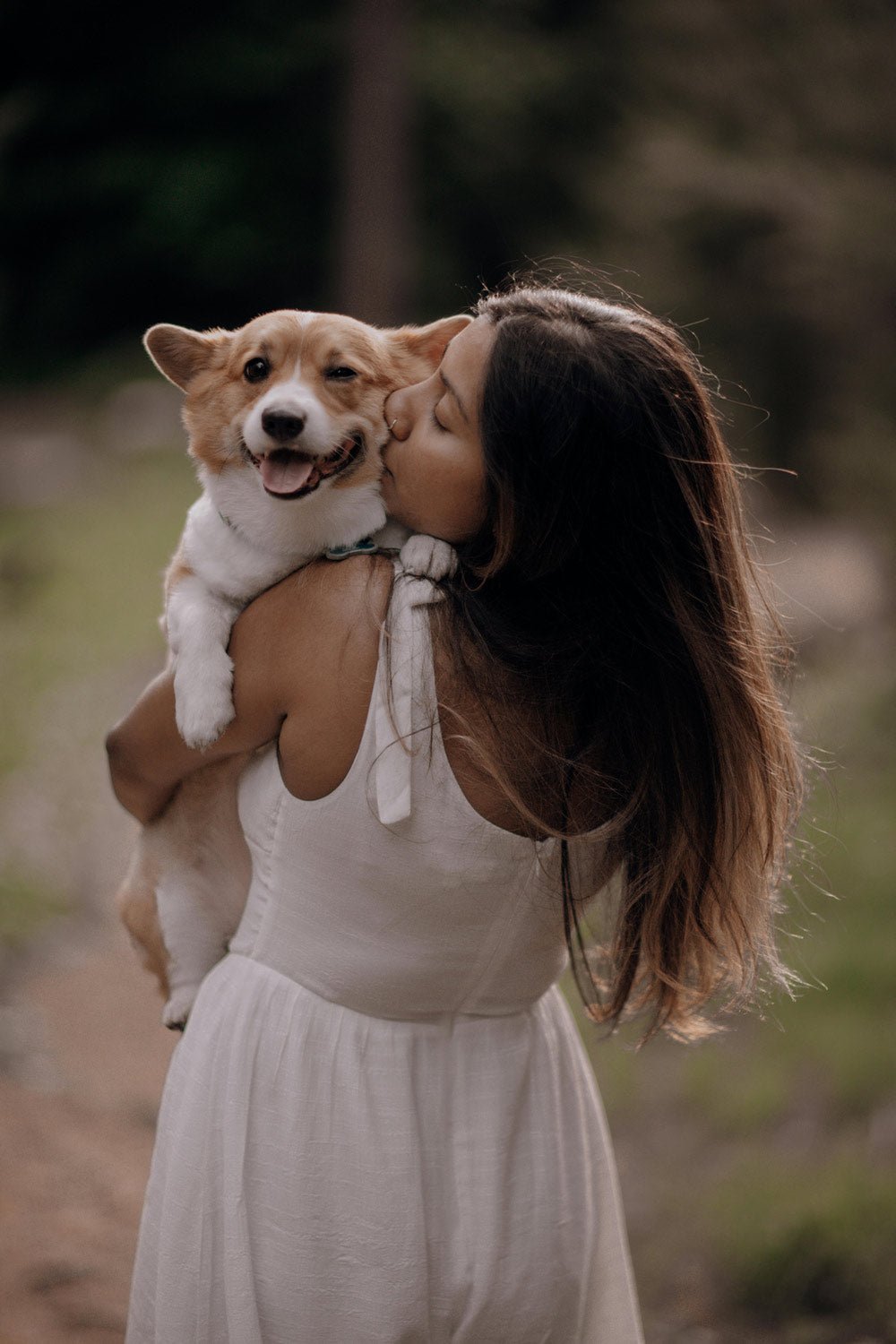
Shared physical activity with dogs strengthens emotional resilience.
The last gift: won -the -mortality rate together
Dogs do not live as long as humans and losing a pet can feel like losing a family member. But even this last chapter can elaborate on the bond.
Scott Dill, a pastor who lost his beloved dog socks to illness, described the experience as a religious awakening. “Through the pain of this loss, God has lovingly reminded me of the erratic weight of His rescue,” he wrote in a personal essay.
For many, goodbye to a dog becomes a holy act. Taylor’s last day of bricks included a last evil – the dog attacked on laundry to hide his owner’s underwear, as if reminding them all of laughing again.
“He died by knowing he was deeply loved,” Taylor told CNN.
The bond between human and dog is not automatic. It is built through shared moments – walks, training, kos and quiet camaraderie. But once it is formed, it changes us. Physical. Emotionally. Spiritually. Dogs remind us of how to love, how to be present and how to let go. And in this bond, many of us find something holy.
